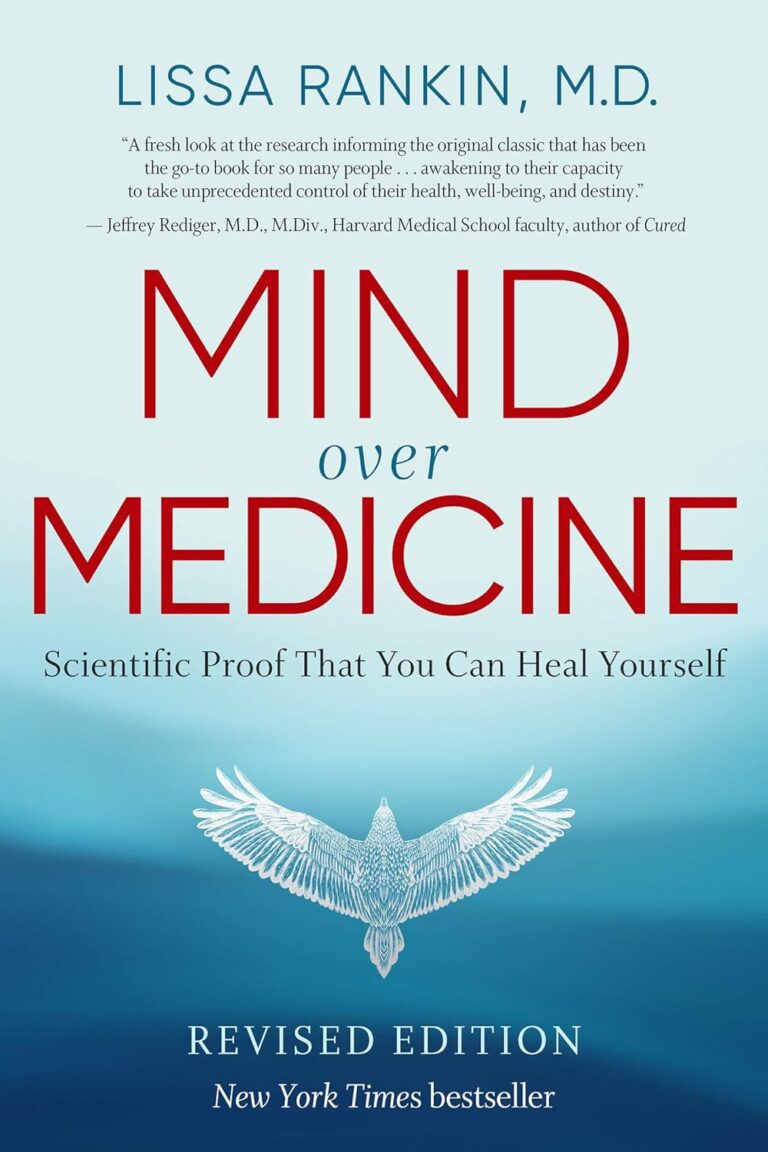
What is a Clinical Trial?
A clinical trial is a research investigation involving human participants, designed to answer specific health-related questions. These trials are vital for evaluating the effectiveness and safety of new methods of diagnoses, treatments, and prevention of diseases, often involving new pharmaceuticals, intervention strategies, or medical devices.
While involving real-world settings and patients, clinical trials are closely supervised by experts from the medical and scientific community to safeguard the participants’ health and integrity and assure the validity of the findings.
Importance of Clinical Trials
Clinical trials are immensely critical in understanding diseases and developing novel methods to prevent, diagnose, and cure them. They are at the core of all medical advancements and contribute significantly to improving public health and patient care.
Without clinical trials, there would be no valid way of determining whether new medicines or treatments are safe or effective. Consequently, these trials play an integral part in the approval process of new drugs, medical procedures, and devices.
The Role of Participants
Participants or subjects in a clinical trial play a fundamental role. They are volunteering to be a part of a scientific research process that could potentially benefit not just themselves, but the larger community. Their health outcomes, experiences and feedback provide invaluable data to the trial teams.
Without participants willing to be involved in clinical trials, it would be impossible to advance medical science, find new treatments or vaccines, or enhance patient care quality.
Get to know us better
If you are reading this, you are in the right place – we do not care who you are and what you do, press the button and follow discussions live

Definition of Clinical Trial
Detailed Explanation of Clinical Trial
A clinical trial is an organized study conducted by medical researchers to test the effects and safety of various health interventions on individuals. These interventions may include but are not limited to, drugs, medical devices, surgical procedures, behavioral therapies, and preventive measures.
The premise of a trial involves gathering a group of participants that either receive the new therapy or a placebo, depending upon the trial’s design. The researchers then compare the health outcomes of these groups to determine if the new intervention is more effective or safer than existing treatments.
Different Types of Clinical Trials
There are mainly four types of clinical trials- Observational trials where researchers observe participants in their natural settings without any interference; Randomized Controlled Trials (RCTs) where participants are randomly assigned to receive different treatments and the outcomes are later compared; Interventional trials where researchers introduce new treatments or change in lifestyle and assess the effects; and Diagnostic trials aimed at finding better tests or procedures for diagnosing a particular disease or condition.
Clinical Trial Procedures
Clinical trials follow a pre-defined plan known as a protocol. This plan outlines the trial’s objectives, design, methodology, statistical considerations, and organization. It also provides details on participant eligibility, the interventions to be administered, and the duration of the study.
Clinical trials tend to have stringent operational procedures to ensure the highest levels of safety, ethics, and reliability in the trial results.
Stages of a Clinical Trial
Preclinical Testing
Before a clinical trial even begins, there is a preclinical testing stage, which involves laboratory tests and animal studies, to evaluate the safety and efficacy of a new drug or treatment. It’s during this stage that promising treatment methods are identified for further testing in human trials.
Phase I Trials
Phase I trials are the first stage of testing in humans and mainly aim to determine a new drug or treatment’s safety profile. These trials involve a small number of participants, typically 20-80 healthy volunteers, and help determine the method’s dosage, side effects, and how it metabolizes and exits the body.
Phase II Trials
Phase II trials involve more participants (around 100-300) and continue to assess the treatment’s safety while beginning to evaluate its effectiveness. This phase also helps identify the best dosage and further understand the potential side effects.
Phase III Trials
When treatments reach Phase III trials, they are tested on a larger group of participants (approximately 1,000-3,000). They aim to confirm the treatment’s effectiveness, monitor its side effects, compare it with standard treatments, and collect data to ensure the drug or treatment can be used safely.
Phase IV Trials
Phase IV trials occur after the treatment has been approved for consumer use. These trials involve thousands of participants and continue to monitor the effectiveness and safety of the drug on the general population over extended periods. Phase IV trials may also explore additional uses or applications of the treatment.
Risks and Benefits of Participating in a Clinical Trial
Understanding the Pros and Cons
Participants in clinical trials can access new and potentially more effective treatments before they are widely available. Participating in a trial also contributes to advancing medical knowledge that could help others in the future.
On the other hand, risks may involve side effects of the treatment, the treatment may not work for the participant, or the participant may be allocated to the control group and receive placebo instead of the active treatment. It’s crucial for potential participants to discuss these potential risks and benefits with their healthcare providers or the trial team before participation.
Informed Consent Process
Before participating in a clinical trial, individuals must go through an informed consent process. This process ensures that they understand the trial’s purpose, procedures, potential risks and benefits, and their rights as a participant, allowing them to make an informed decision about participating.
Participant’s Rights and Safety
Participants in a clinical trial have certain rights, including the right to privacy and confidentiality, the right to withdraw from the trial at any time, and the right to receive any new information about their treatment during the trial. Additionally, several regulatory bodies and ethics committees protect participants’ rights, ensuring that every trial is conducted ethically and safely.
Impact of Clinical Trials in the Healthcare Industry
Pivotal Role of Clinical Trials in Drug Discovery
Clinical trials play a pivotal role in bringing new drugs to the market. They provide the necessary data on safety and efficacy needed by regulatory authorities for drug approval, and they pave the way for further research and improvements in treatment methodologies.
Clinical Trial Contributions to Medical Advancements
Every major advance in medicine, from the discovery of antibiotics to the development of cancer therapies and vaccines, has depended on clinical trials. Without clinical trials, many of the treatments we take for granted today would not exist, and our understanding of diseases and how to treat them would be vastly different.
Looking at the Future: Evolving Trends in Clinical Trials
The future holds exciting possibilities for clinical trials, from increased personalization of treatments to the integration of advanced technologies like AI and machine learning. These evolving trends will likely contribute to increased trial efficiency, better patient engagement, and overall improved healthcare quality.
Conclusion
Summary of Key Points
In essence, clinical trials are an integral part of medical progress and improved patient care. They allow researchers to evaluate the safety and effectiveness of new treatments, pave the way for treatments to become readily available to the public, and contribute to furthering our understanding of diseases.
Why Understanding Clinical Trials Matter
Understanding clinical trials is vital for anyone who might participate in one or for those who want to gain insights into the process of healthcare advancements. Knowledge about clinical trials can empower individuals to make informed decisions and take active roles in their healthcare journeys.
Moreover, healthcare professionals, academia, pharmaceutical industry, and policy-makers, heavily rely on clinical trial data to make informed decisions, further research, and dictate healthcare policies respectively.
FAQs:
1. What is a clinical trial and why is it necessary?
A clinical trial is a research study that evaluates the safety and effectiveness of health interventions on humans. They are vital to approve new drugs, procedures, and devices, and they contribute to overall medical advancements.
2. How safe are clinical trials for participants?
Clinical trials adhere to strict protocols and are closely monitored by medical experts and regulatory bodies to ensure safety. All potential risks are disclosed to participants during the informed consent process, but like with any medical treatment, there are inherent risks.
3. What are the different stages of a clinical trial and what does each stage mean?
There are typically four stages- Phase I assesses a new treatment’s safety on a small group; Phase II evaluates its safety and effectiveness on a larger group; Phase III confirms its efficacy on an even larger group and compares it with current treatments; Phase IV trials occur after market approval and monitor long-term safety and effectiveness.
4. What rights do I have as a participant in a clinical trial?
A participant has the right to privacy and confidentiality, the right to know all pertinent information, the right to withdraw at any time, and the right to receive new important information about the treatment.
5. How have clinical trials contributed to advancements in healthcare?
Clinical trials have been instrumental in every significant medical discovery. They provide robust data on the safety and effectiveness of new treatments, which leads to the approval of new drugs, development of novel therapies, and a better understanding of diseases.

















Comments
Thank you. Comment sent for approval.
Something is wrong, try again later